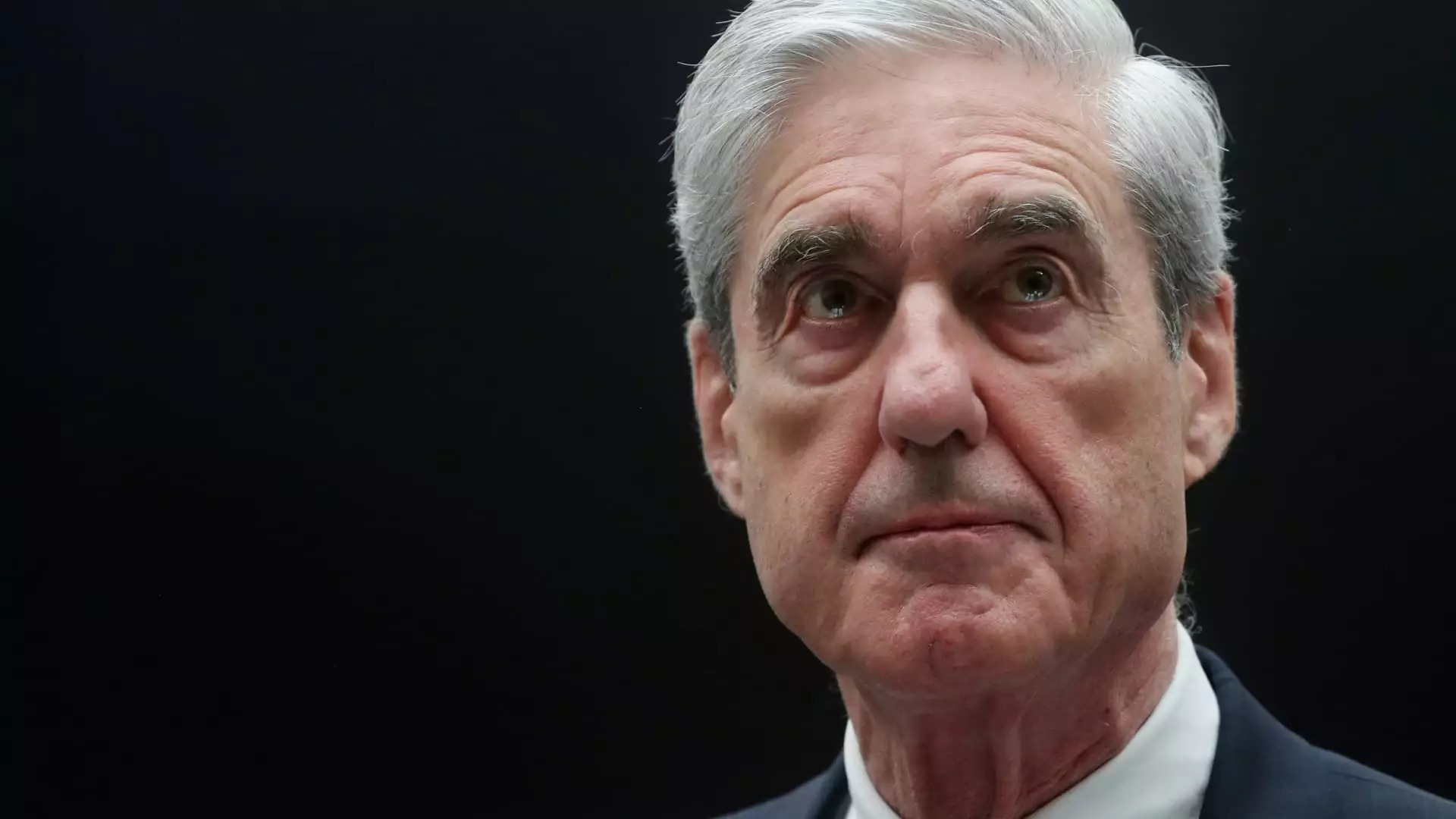The recent firing of Peter Carr, a former spokesman for special counsels Robert Mueller and Jack Smith, marks another unsettling chapter in a saga that feels like a political chess game rather than a purely judicial process. Carr’s termination, orchestrated by Deputy Attorney General Todd Blanche, echoes broader concerns about the integrity and independence of the Department of Justice (DOJ). This situation raises profound questions: Are we seeing a concerted effort to reshape the DOJ into a more partisan apparatus? How does the history of the players involved color this incident?
Carr’s abrupt dismissal, communicated through an emotional farewell email, highlights a key element in Washington’s political theater: loyalty—an increasingly perilous currency. Blanche, with a past as Trump’s legal advisor in criminal cases, is unlikely to be neutral in his elevation to a prominent position in the DOJ. The chilling implication is that the Justice Department, an institution intended to operate above political fray, is being politicized through the very actions of its leadership. Such moves can undermine public trust in an already beleaguered institution.
The Historical Context of Accountability and Prosecution
To fully grasp the magnitude of Carr’s firing, we must revisit the investigative scope of Mueller’s probe. This investigation was not merely an inquiry into potential collusion with a foreign adversary; it was a recourse to protect democratic foundations shaken by the 2016 election. Though Mueller’s report concluded that Russian interference was evident, it also frustratingly stopped short of definitively charging Trump with crimes related to this interference. The report made clear that Trump’s actions did not absolve him but rather left the field wide open for future interpretations. The ambiguity left may have been what instigated Carr’s unexpected termination under a leadership that openly buoyed Trump’s interests.
A similar pattern has emerged with Jack Smith’s investigations, which not only focused on malfeasance regarding classified documents but also on Trump’s post-election attempts to overturn electoral results. Smith’s findings have led to criminal charges against Trump, but under the surface lies the turbulent current of political retribution. The dismissal of Carr indicates a clear signal: whistleblowers or individuals closely associated with the investigations—regardless of their professional integrity—may find themselves at risk simply for the roles they played in legal matters involving the former president.
The Role of Politicization in Justice
This recent episode raises concerns about the ramifications of politicization within the Justice Department, which should ideally function without bias or fear. The firing of career professionals like Carr speaks volumes about a growing fear among those who work within our judiciary: the fear of becoming collateral damage in the ongoing partisan warfare. The implications of such fears can propagate a chilling effect, discouraging competent individuals from addressing wrongdoings or exploring uncomfortable truths in future.
Moreover, it’s imperative to analyze how this cycle of reprisals damages the fundamental purpose of a system designed to seek justice, not serve political agendas. The integrity of investigations rests on the ethical framework within which legal experts operate. If loyalty to the party, rather than allegiance to the pursuit of truth and justice, becomes the currency for retaining one’s position, we are left at a dangerous crossroads.
The Bigger Picture: Implications for Democracy
Perhaps most alarming is what this increasing politicization indicates about our democracy. If we cannot depend on our institutions to navigate contentious political waters without sacrificing fairness, we tread perilously close to eroding public confidence in the very fabric of our governance. Trust in the DOJ serves as a cornerstone of democratic accountability. Will Carr’s dismissal serve as a turning point—a signal to civil servants to toe the line or lose their livelihoods?
The effects of this shift will ripple beyond individual careers. We must insist on a Justice Department that operates with true independence, free from political affiliations. A department that conducts fair investigations, seeking the truth over political acquiescence, is essential to what makes our democracy resilient. As citizens, we must remain vigilant and advocate for a judiciary that upholds justice over the whims of political loyalty, as our democracy demands it.


Leave a Reply